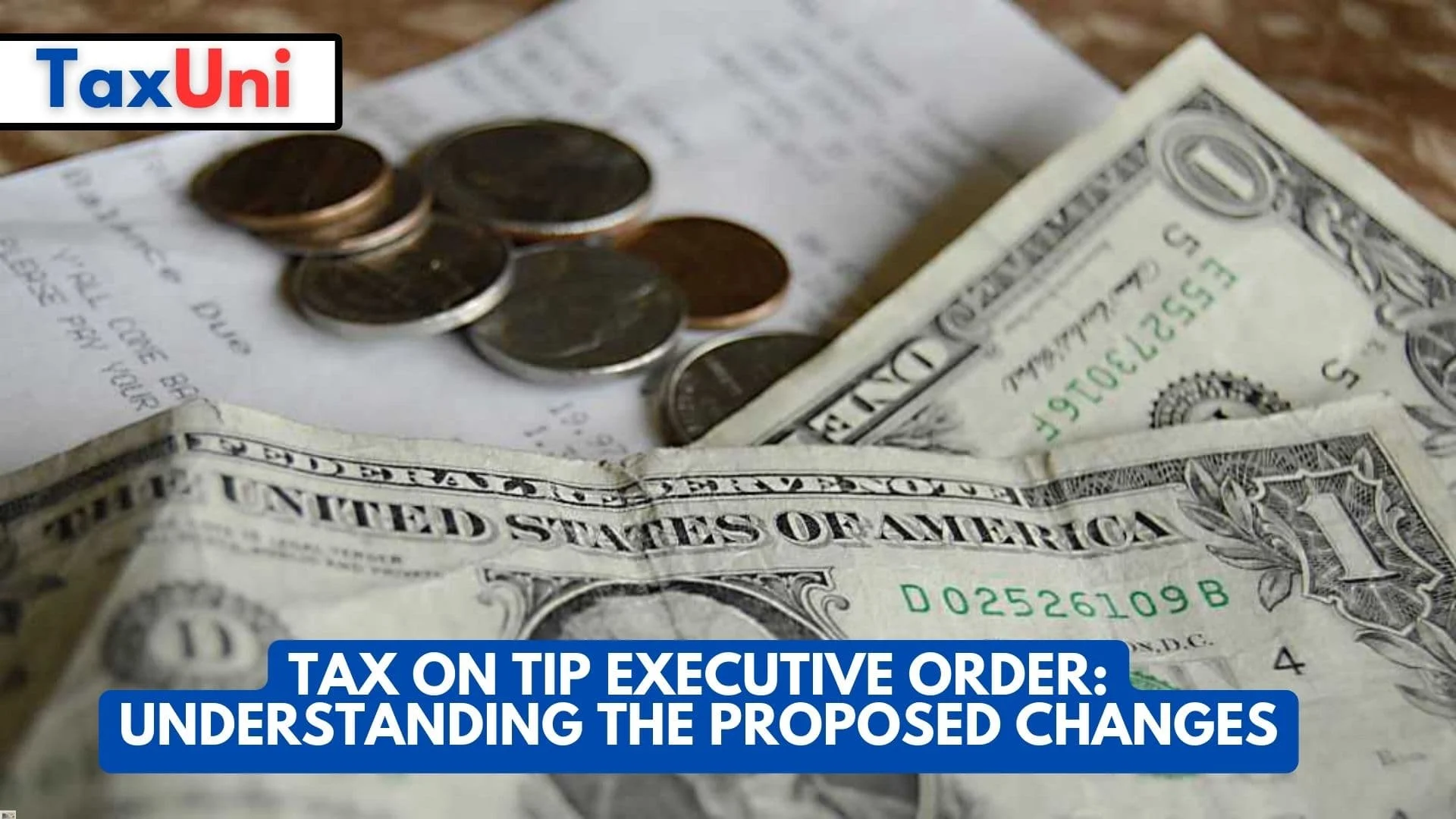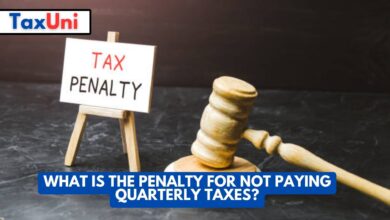Tax on Tip Executive Order: Understanding the Proposed Changes
In this article, we will discuss the context behind the push to eliminate taxes on tips, the details of proposed legislation, and the arguments for and against such measures. We will also examine how these changes could affect various stakeholders, including tipped workers and employers.

Contents
In recent months, the topic of taxation on tips has gained significant attention, particularly with proposals from prominent political figures like former President Donald Trump and Vice President Kamala Harris advocating for the elimination of federal income tax on tips. This potential change could have wide-ranging implications for service workers, businesses, and the broader economy. This article will explore what the proposed executive orders entail, their intended impacts, and the potential consequences of removing taxes on tips.
Background on Tips and Taxes
Tips are additional payments made by customers to service workers as a reward for good service. In the United States, all tips are considered taxable income by the IRS and must be reported by employees. Currently, these tips are subject to federal income tax as well as payroll taxes that fund Social Security and Medicare.
Historically, tipping has been a contentious issue in American labor markets, with debates surrounding fair wages and employee treatment. The proposal to eliminate taxes on tips has emerged as part of a broader discussion about improving conditions for low-wage workers in sectors like hospitality and service.
Proposed Changes: The No Tax on Tips Act
The “No Tax on Tips Act,” introduced by Senator Ted Cruz and supported by various lawmakers, aims to exempt tips from federal income tax. The key features of this proposal include:
- Elimination of Income Tax on Tips: The act would allow service workers to keep more of their earnings by exempting cash tips from federal income tax.
- Potential Exemption from Payroll Taxes: While some proposals focus solely on income tax exemptions, there is discussion about whether tips should also be exempt from payroll taxes that contribute to Social Security and Medicare.
- Cost Implications: Estimates suggest that exempting tips from federal income tax could cost between $100 billion and $250 billion over a decade. This raises concerns about how such a policy would impact government revenue and social programs.

Arguments For Eliminating Taxes on Tips
Supporters of the “No Tax on Tips” proposal argue that eliminating taxes on tips would provide significant financial relief to service workers who often rely heavily on gratuities for their income. Key arguments include:
- Increased Take-Home Pay: By removing taxes on tips, workers would have more money in their pockets, potentially improving their financial stability.
- Encouragement for Tipped Workers: Advocates believe that this change could enhance job satisfaction among tipped employees and encourage better service in industries reliant on customer gratuities.
- Bipartisan Support: The proposal has garnered support from both sides of the political aisle, indicating a rare moment of agreement in Congress regarding labor issues.
Concerns About the Proposal
Despite its potential benefits, there are significant concerns regarding the implications of eliminating taxes on tips:
- Impact on Social Security and Medicare: If tips were exempt from payroll taxes, it could undermine funding for essential social programs like Social Security and Medicare. This raises questions about long-term sustainability for these programs.
- Inequitable Tax Treatment: Critics argue that exempting tips creates an unfair tax system where individuals earning similar incomes pay different amounts based solely on how they receive their compensation (tips vs. salary).
- Potential for Abuse: There are fears that high-income earners could exploit this exemption by reclassifying their income as tips to avoid taxation. This could lead to increased tax avoidance strategies that undermine government revenue.
Conclusion
The debate surrounding taxation on tips is emblematic of broader discussions about wage fairness and worker rights in America. While proposals like the “No Tax on Tips Act” promise immediate financial relief for service workers, they also raise complex questions about funding social programs, equity in taxation, and potential abuses within the system.
As discussions continue in Congress regarding these proposals, it is crucial for stakeholders—including policymakers, business owners, and employees—to engage in dialogue about the best path forward. Balancing support for tipped workers with the need for a fair and sustainable tax system will be essential in shaping future legislation.





